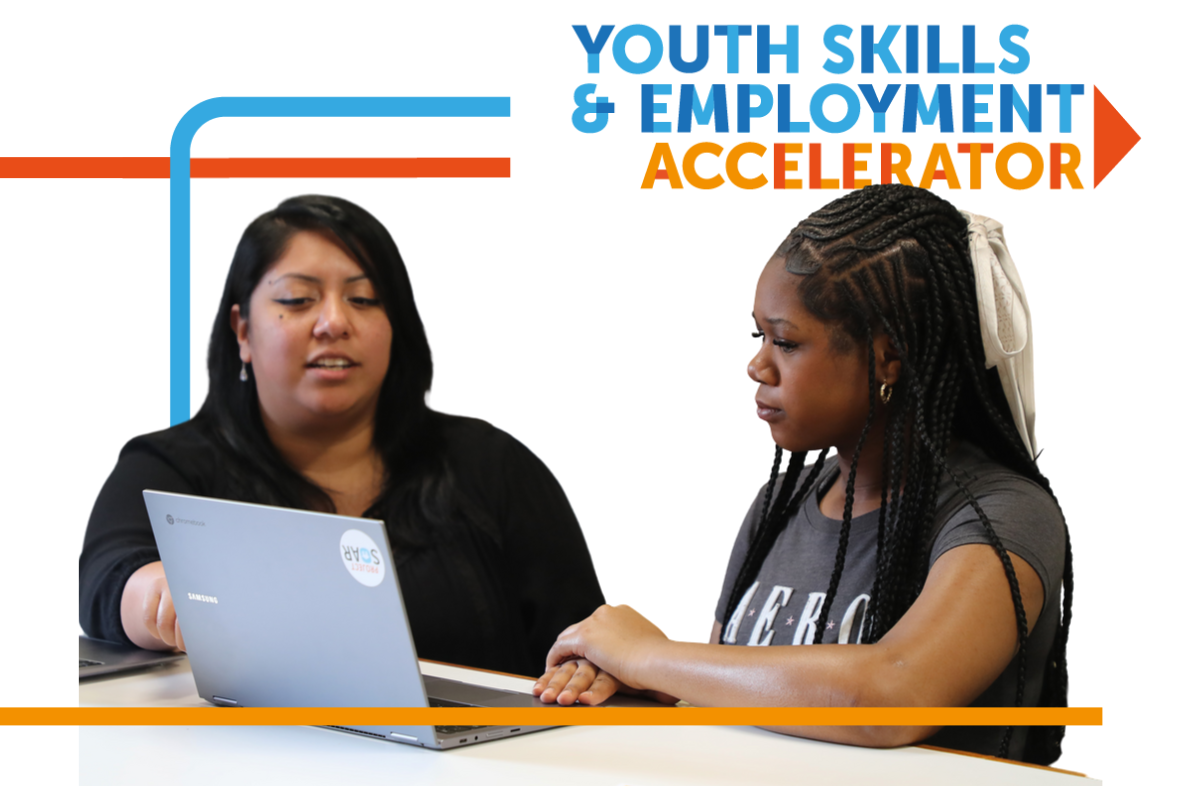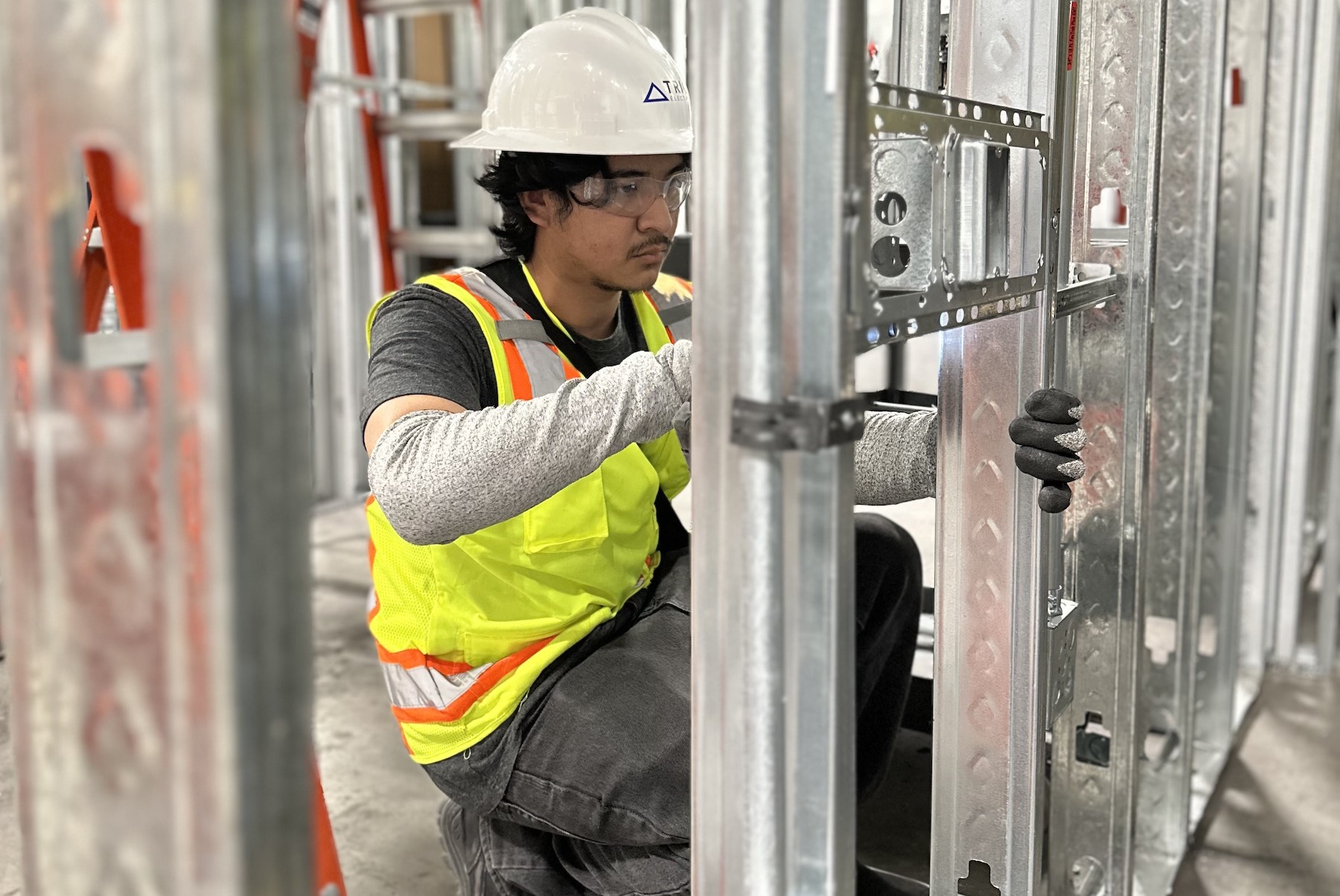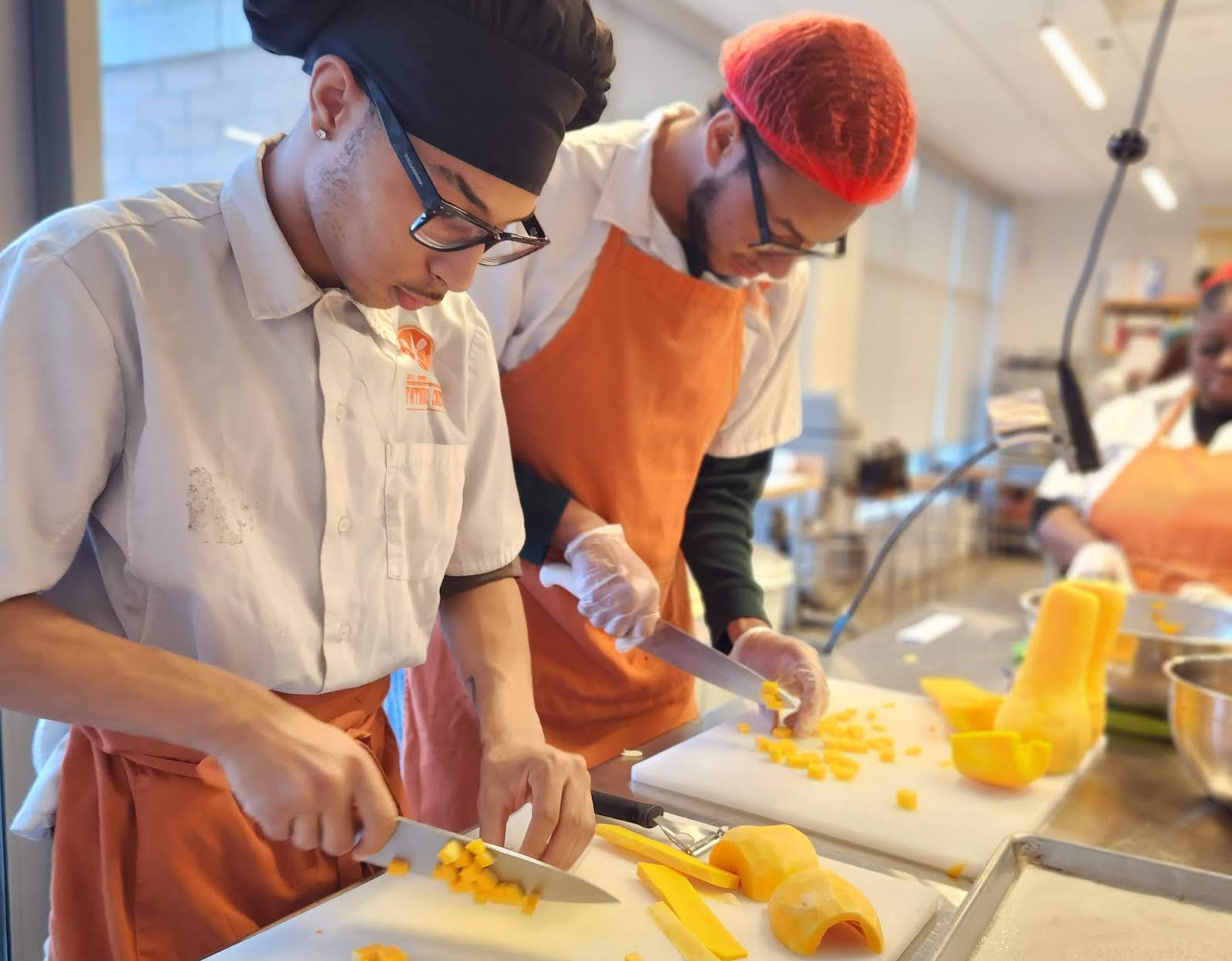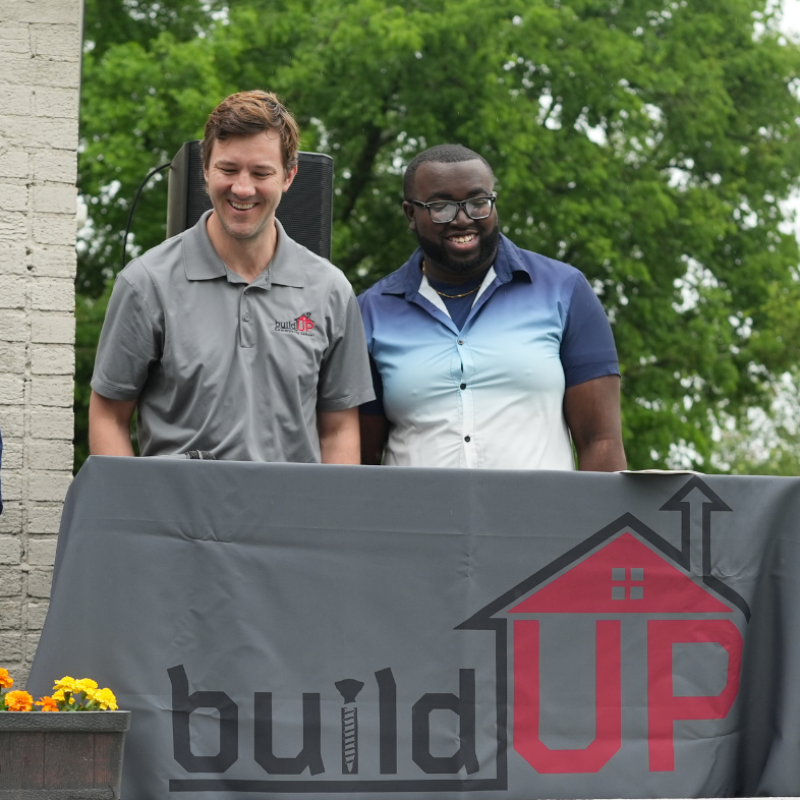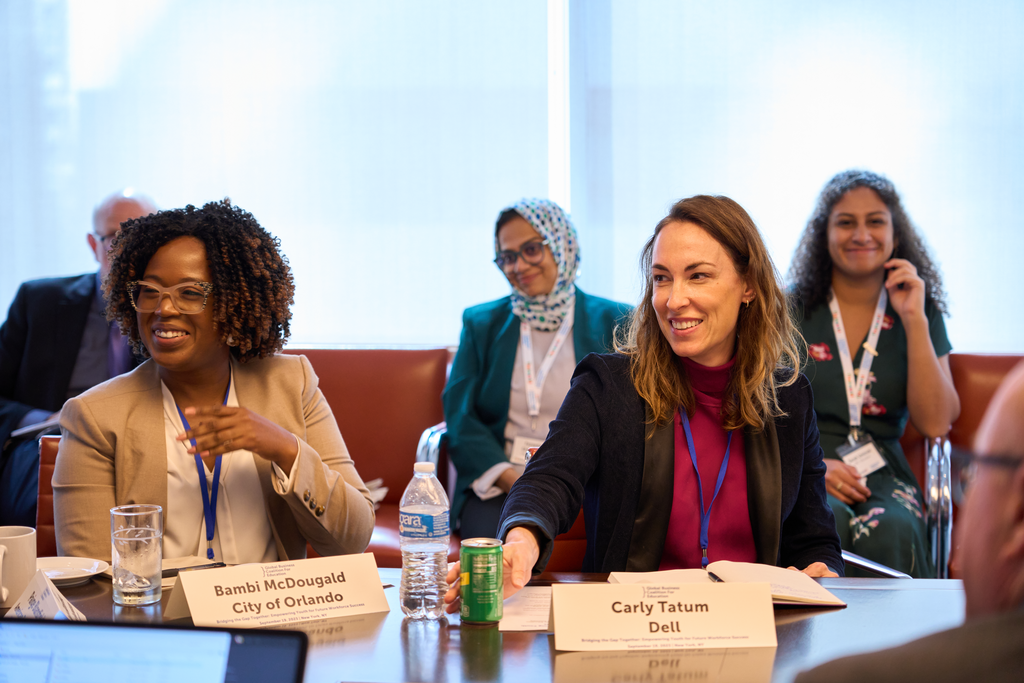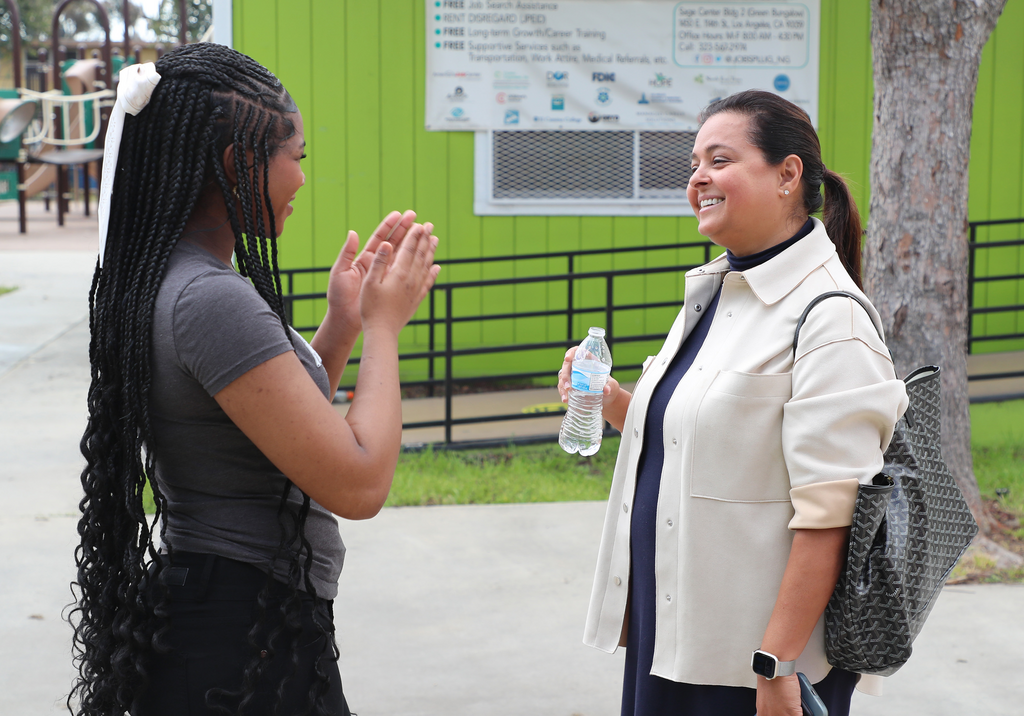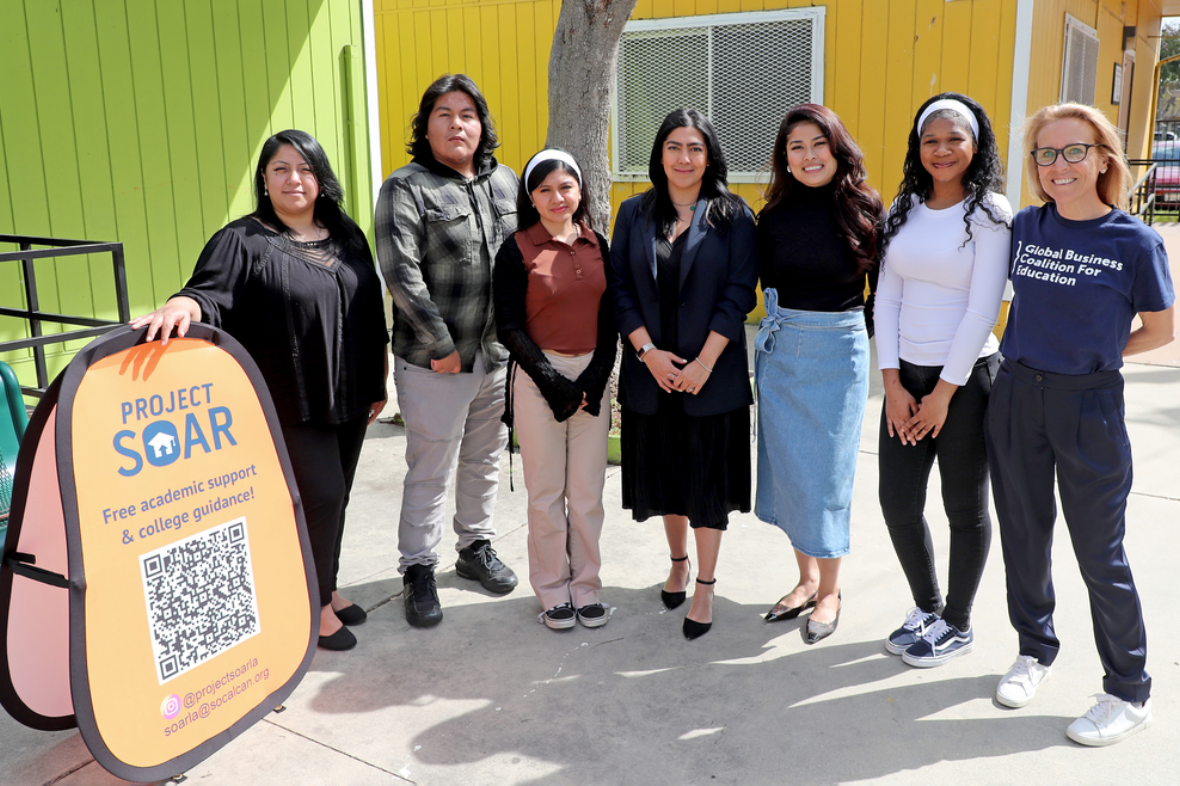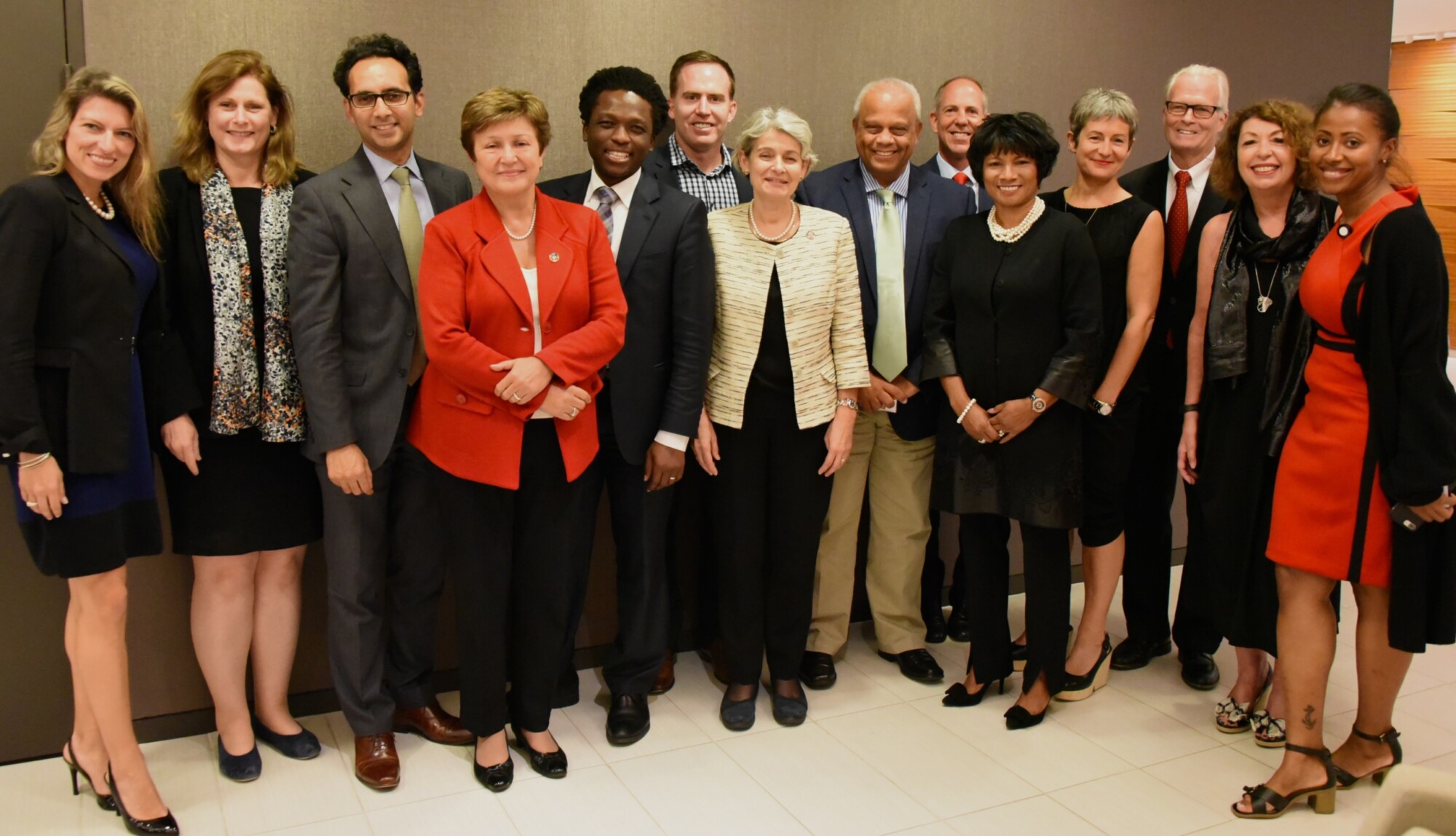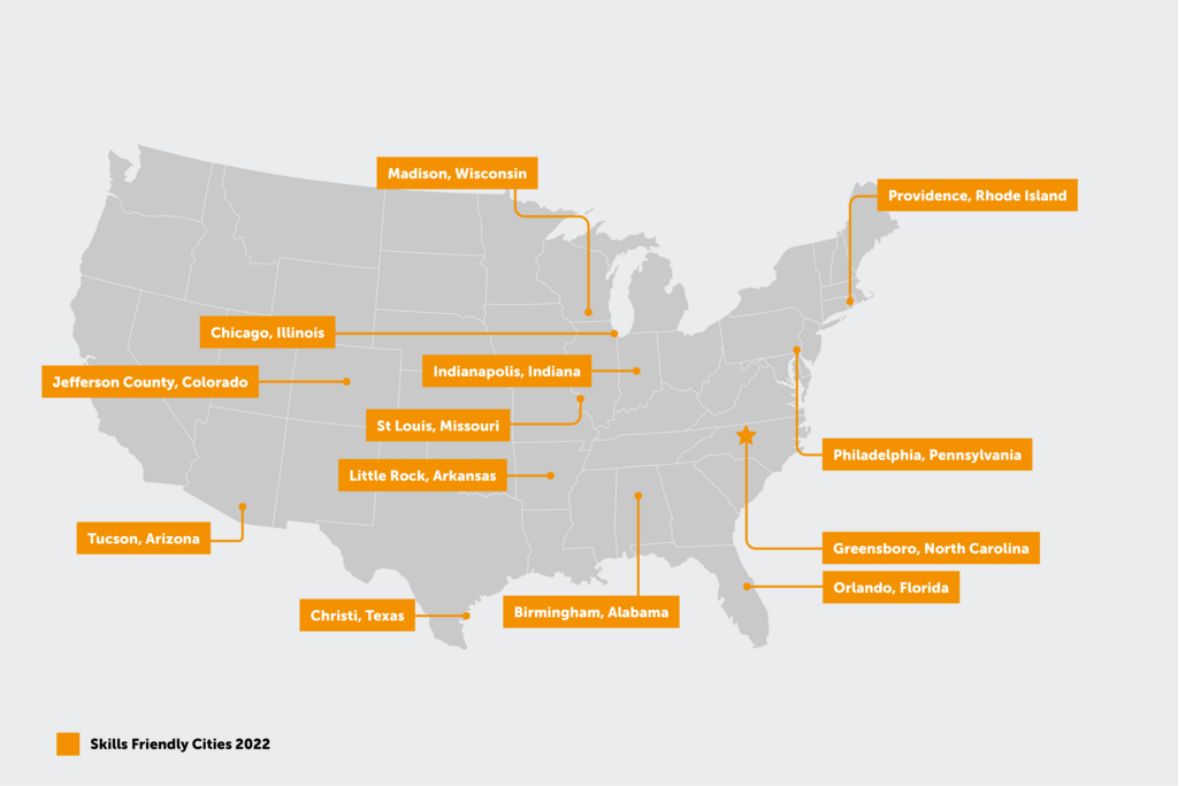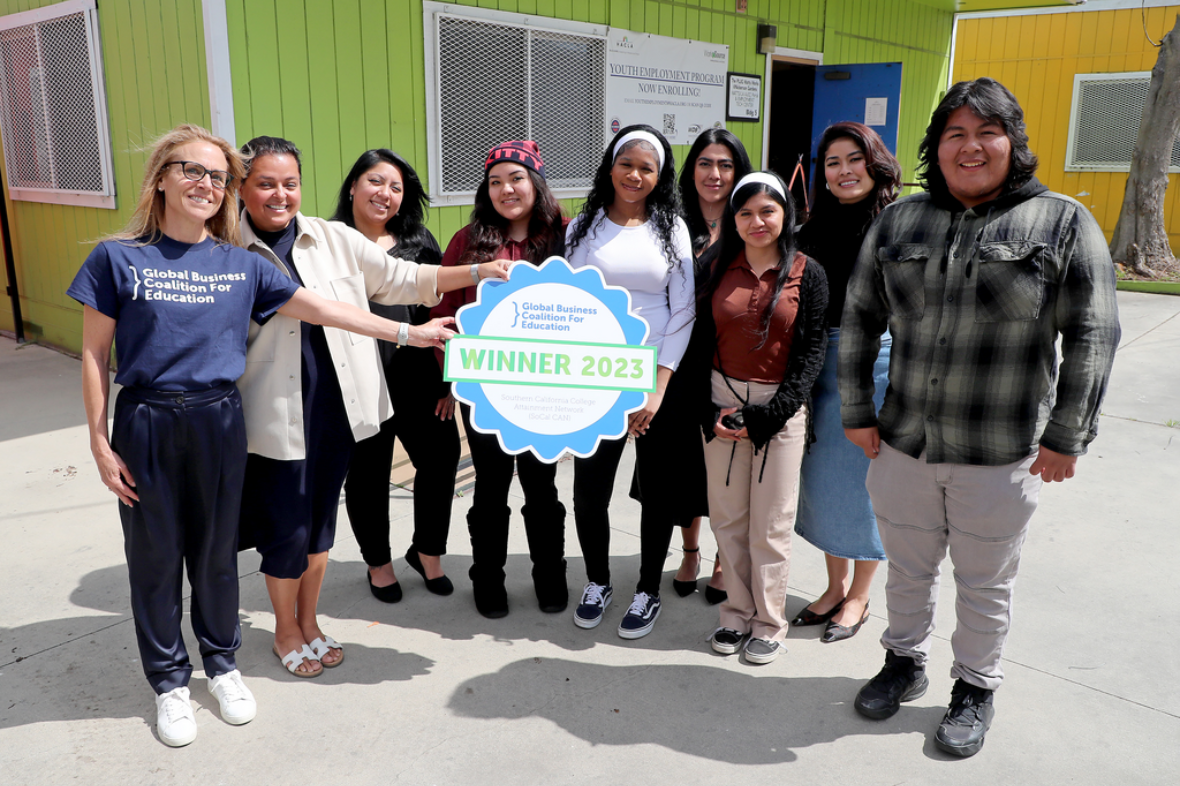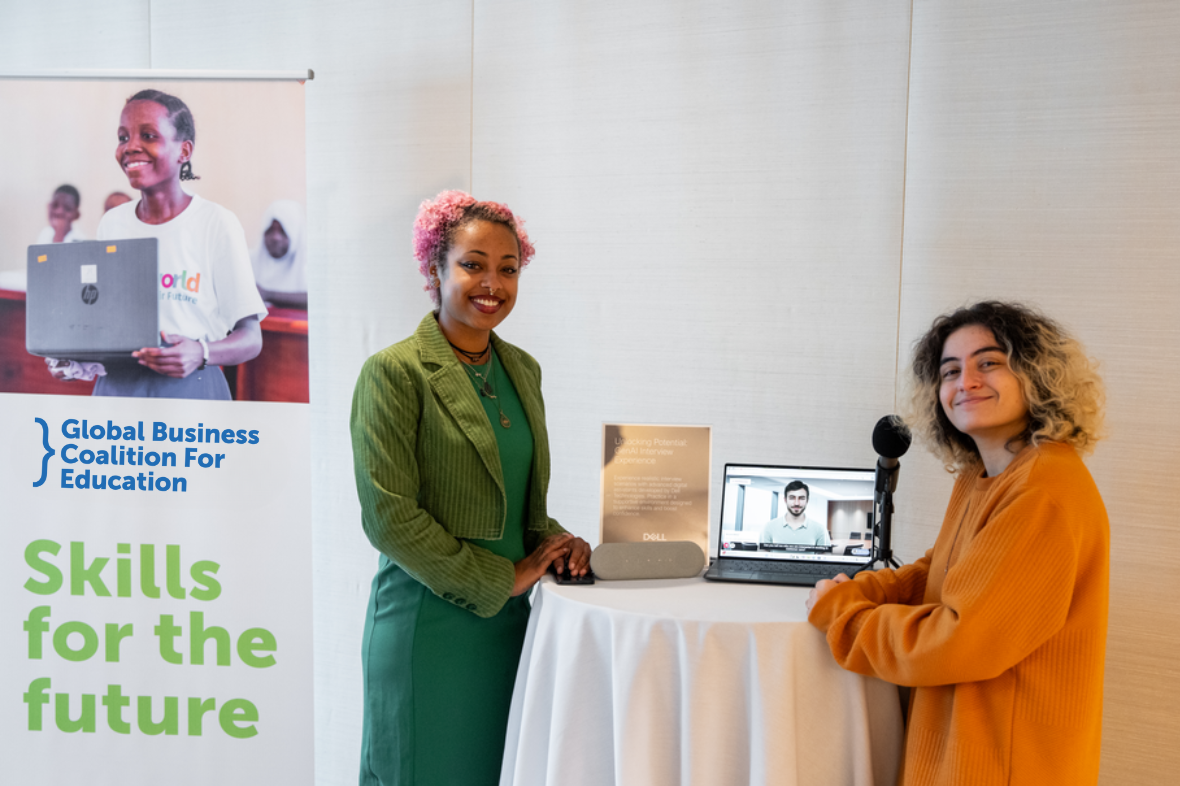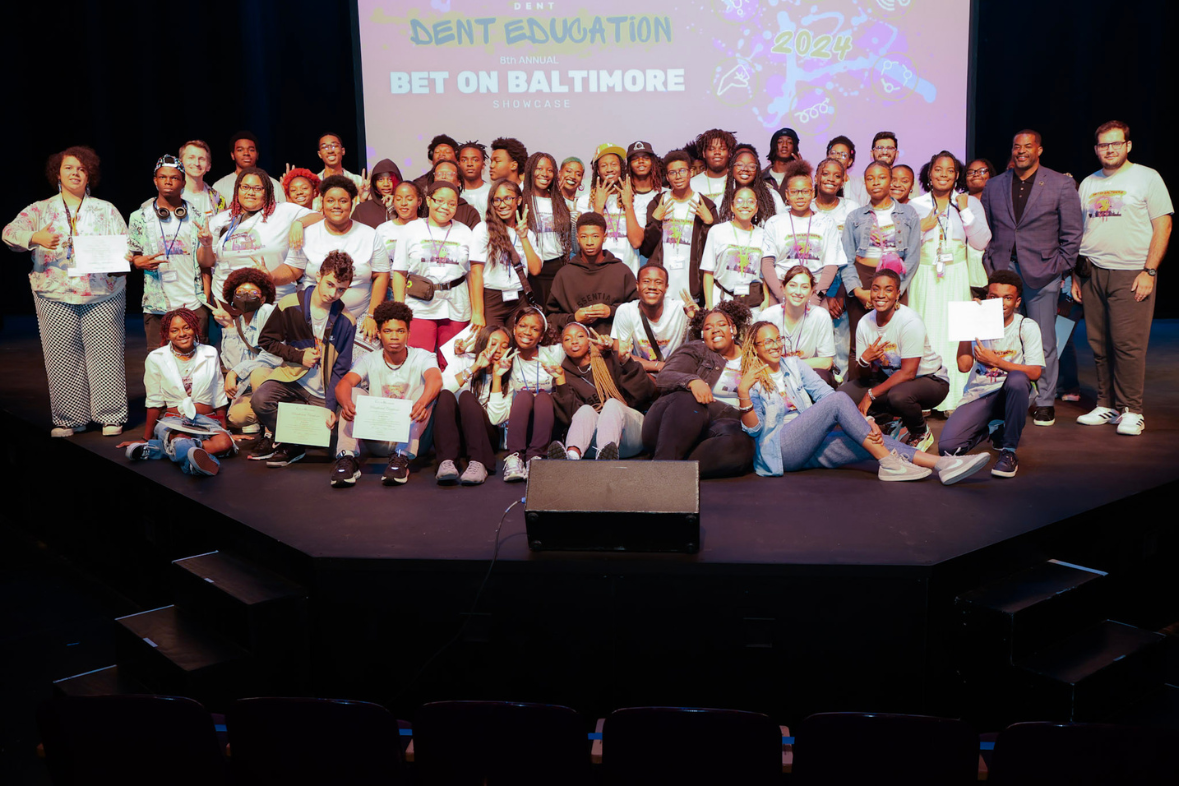
A Message from our CEO
More than one in ten young people in the U.S. — around four million American Gen-Zers — are not in education, employment or training. At the same time, employers are increasingly reporting difficulty in finding candidates with the skills needed for today’s workforce – including 90% of small businesses.
From technology and manufacturing to retail and customer service, there is a missing link between skills and job opportunities. To address the disconnect, the Global Business Coalition for Education’s Accelerator brings together cohorts of community-based nonprofits working to enhance the quality and scale youth skills initiatives and connects them to a network of expert trainers, corporate partners, employee volunteer and pro-bono services, and accelerator funding opportunities.
The results speak for themselves: participating community-based organizations have expanded their work and helped more young people enter jobs and apprenticeship programs. And we have been approached by new partners to replicate the model in other regions around the world.
We look forward to working with more youth-serving organizations and businesses to help young people have the skills necessary for the future of work.

